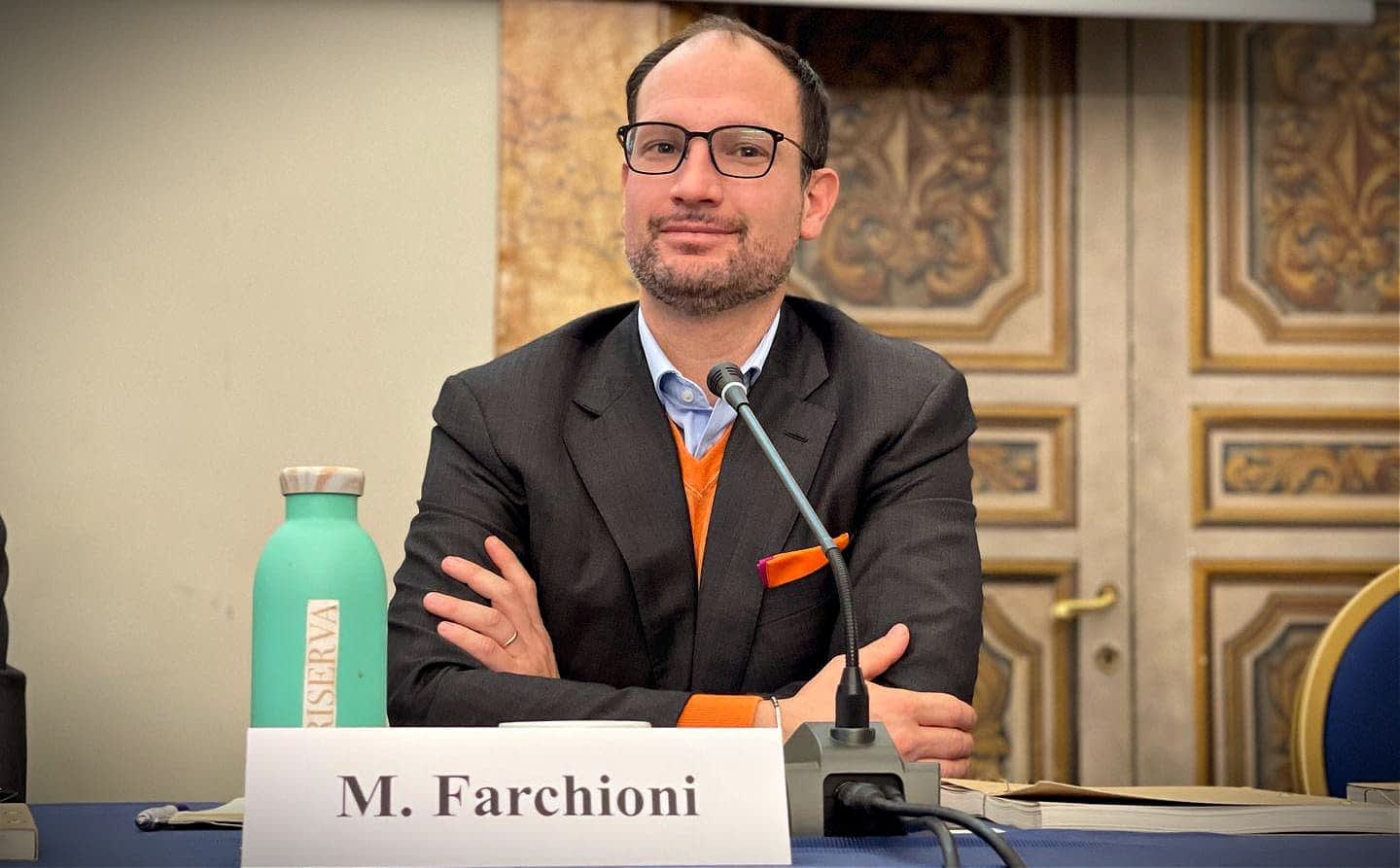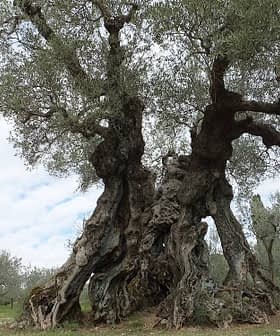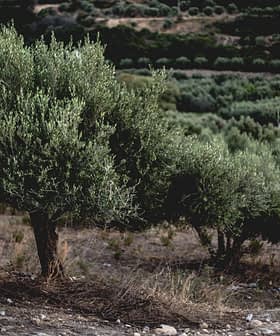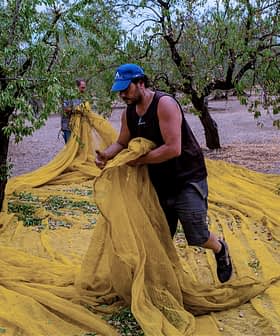Farchioni Olii, one of the largest Italian olive oil producers, has become the first to have its sustainability report based on the standards set by the United Nations certified.
“Every accessible resource represents a cost for us and for the environment. They cannot be wasted,” Marco Farchioni, the company’s export manager, told Olive Oil Times.
We hope that after our initiative, other companies will follow suit.
According to Farchioni, sustainability should not be seen as an innovation, but part of Italy’s rich olive oil-producing tradition.
“The sustainability report helps us understand if our work improves or does not improve the environment,” he added.
See Also:Italy Implements European Law Prohibiting Sale of EVOO Below CostThe move comes as part of an increasing trend of large food producers in many countries publishing their own sustainability reports.
Most of these reports are driven by the current regulations and the growing attention consumers show for sustainable food.
A recent survey conducted on 14,000 consumers in 18 countries by the United States-based Kerry Group showed that 49 percent of global consumers consider sustainability when buying food and drinks.
While 84 percent of consumers believe that everyone can contribute to improving sustainability, three-quarters of those surveyed said companies have the largest share of the responsibility.
Farchioni’s olive groves cover 661 hectares and represent the largest part of its almost one million plants. The company mostly grows Favolosa olives.
“Favolosa is a modern cultivar, conceived to be Xylella-resistant,” Farchioni said. “It offers an excellent balance between quality and yields, and boasts a unique flavor.”
“Still, about 20 percent of our olives come from traditional cultivars which are also needed to foster culture and biodiversity in our territory,” he added.
Among the highlights of the report is the company’s efforts to implement energy-saving and renewable energy solutions. The company believes that it could reach sustainable self-sufficiency using solar energy and hydrogen power.
“We have invested in solar energy and we are currently studying the feasibility of a hydrogen power plant,” Farchioni said. “We are also developing a smart grid, which should bring us towards energy self-sufficiency.”

Marco Farchioni
The key to obtaining the certification is an integrated “field-to-field” approach, Farchioni said, which spans farming operations to food production projects. One of the company’s goals is to make it easier for consumers to recycle the packaging containers.
“Most products are preserved in completely-recycled glass bottles as both recycling of materials and limits to the volumes of new materials [in the production chain] are essential for a constant reduction of the environmental impact,” he said.
While most consumers focus on the environmental portion of food sustainability, current European regulations also consider many other factors, including energy-saving or worker health and safety. Farchioni Olii was certified in all of these aspects.
According to Farchioni, which has 234 employees, a prime example of sustainable worker safety comes in the form of its Covid-19 emergency management.
The company uses ‘smart’ working schedules for its employees. In August 2020, workers were given a special smartwatch. According to a company, the smartwatch measures body temperature to warn the user if it exceeds 37.5 ºC (demonstrating that the wearer has a fever), and whether the wearer gets too close to the smartwatch of another employee.
Thanks to an agreement with a local laboratory, all Farchioni employees have also been able to access free Covid-19 tests since October 2020. Partially as a result of these measures, no Covid-19 outbreaks have been reported at the company.
Farchioni said that the company followed the 17 sustainable development goals set out by the United Nations in 2016 while compiling the report.
See Also:The Best Italian Olive OilsAccording to the U.N., these goals, “recognize that ending poverty and other deprivations must go hand-in-hand with strategies that improve health and education, reduce inequality, and spur economic growth, all while tackling climate change and working to preserve our oceans and forests.”
Farchioni Olii’s sustainability report was verified by BDO Italia, which based its analysis on the International Standard on Assurance Engagements (ISAE 3000).
The debate on how to raise consumers’ and industry awareness of the importance of sustainability remains open.
New solutions include proposals for front-of-pack labeling systems, such as Planet-Score, that quickly allow consumers to identify the most sustainable products. Others, such as the Latis database, include sustainability scores in their metrics to help producers produce food with an improved sustainability profile.
Still, sustainability is a complex and wide concept that is not always fully understood by consumers.
According to a recent survey conducted by the European Consumer Organization, consumers mostly consider food sustainable on the basis of its impact on the environment or the use of pesticides.
“We hope that after our initiative, other companies will follow suit,” Farchioni concluded. “That would be very positive. The whole world of food is now focusing on and better understanding sustainability both in terms of costs and needs. It is less and less a cost and more and more a resource.”








